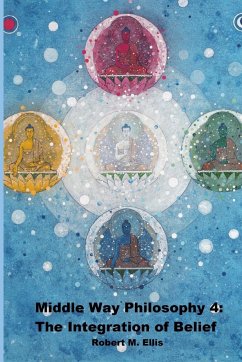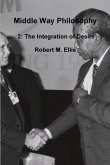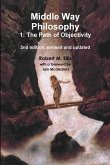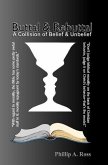This fourth volume of the Middle Way Philosophy series uses cognitive psychology and balanced sceptical philosophy to explain both how we get stuck in dogmas, and how provisionality is possible. It is argued that we can make progress both in avoiding delusions and developing wisdom not by finding 'truth' or employing 'rationality', but rather through awareness of our assumptions. We need not ultimately true beliefs (as is often assumed), but judgements that are more adequate to each new set of conditions. The book includes a wide survey of the cognitive biases identified by psychology, with an argument that the practically important aspect of each is an absolutising assumption that we could potentially avoid through awareness. Robert M Ellis's work on Middle Way Philosophy has been described by Iain McGilchrist, author of 'The Master and his Emissary' as "Important, original work...a departure at right angles to typical thinking in the modern Western world."








